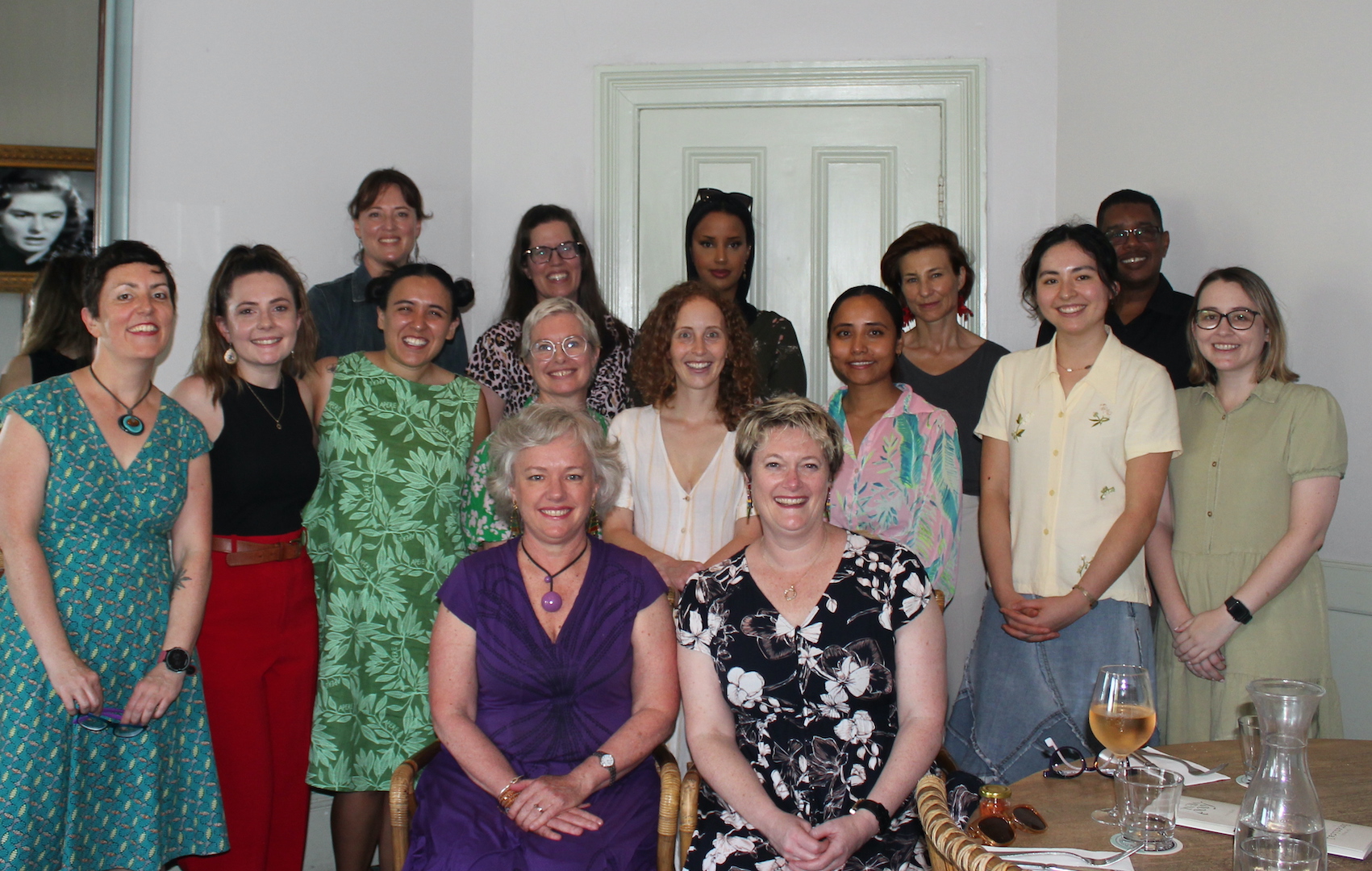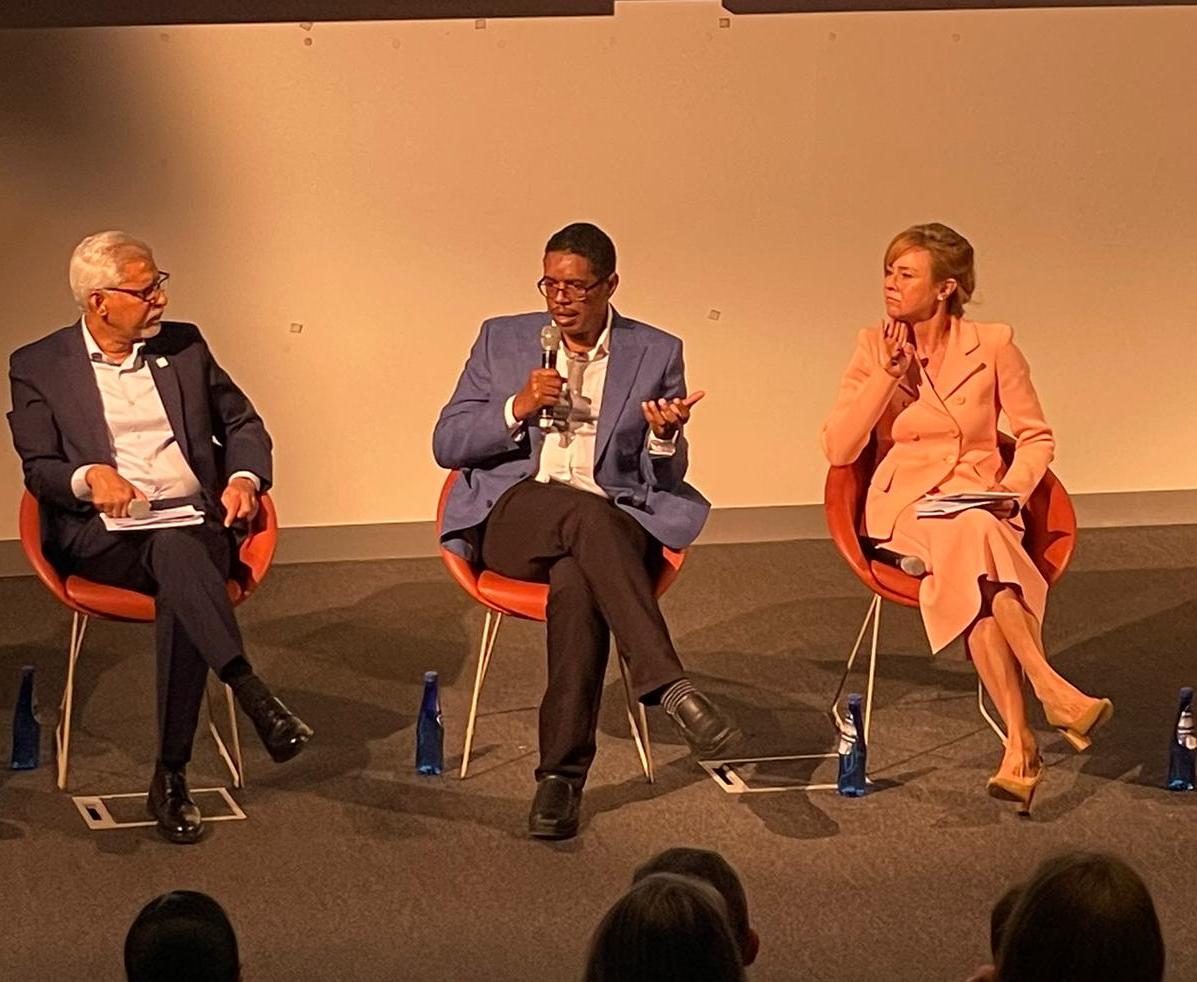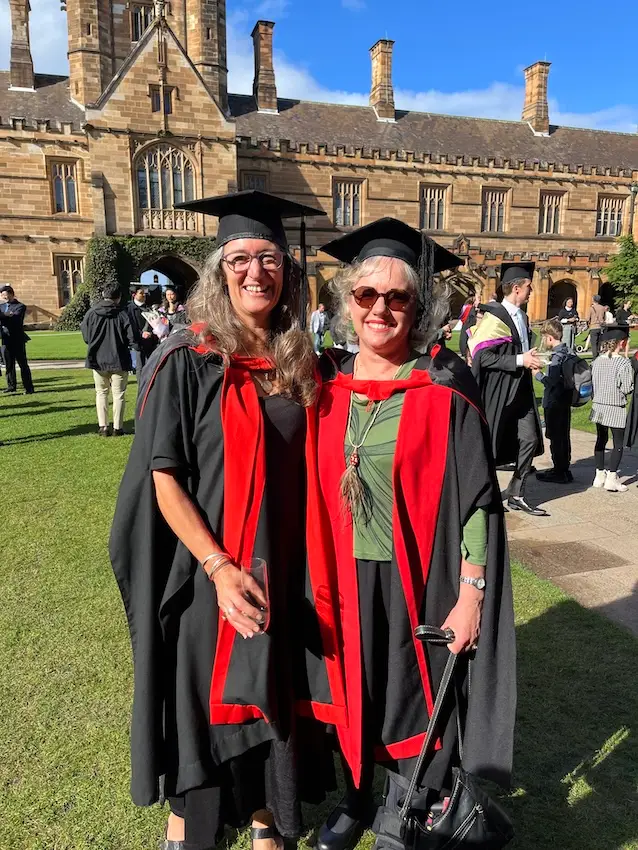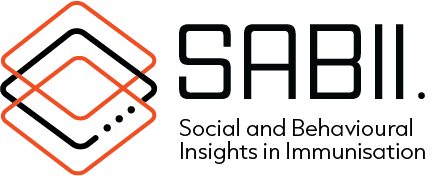Category: Uncategorised
-
Congrats to Dr Randell!
—
Last week, SABII member Dr Madeleine Randell graduated with a PhD! A huge CONGRATULATIONS to…
-

Happy Holidays!
—
Last week the SABII team and colleagues from NCIRS enjoyed an end-of-year lunch at the…
-
Congratulations!
—
Congratulations to two of SABII’s team members who recently graduated, Dr Maria Christou-Ergos and Dr…
-
National Vaccination Insights project
—
The SABII team have been involved in the National Vaccination Insights project which surveyed a…
-

Sydney Peace Prize panel
—
Last week, Dr Majdi Sabahelzain, one of our SABII team, participated in a panel discussion…
-

New pre-prints from the SABII team
—
Check out two new pre-prints from the SABII team, led by Dr Christou-Ergos. See the…
-

CDIC 2024
—
Last week, several of the SABII team presented at the 2024 Communicable Diseases and Immunisation…
-

New publications from the SABII team
—
In collaboration with Universitas Indonesia and Unicef, SABII have published a report titled, Perceptions and…
-

Congrats to Dr Helps
—
A huge congratulations to the recently graduated Dr Catherine Helps. Dr Helps’ thesis is titled:…
-
Multi-disciplinary One Health research towards sustainable aquaculture in Tanzania
—
SABII co-lead recently visited Tanzania as part of multi-disciplinary One Health research towards sustainable aquaculture.…
